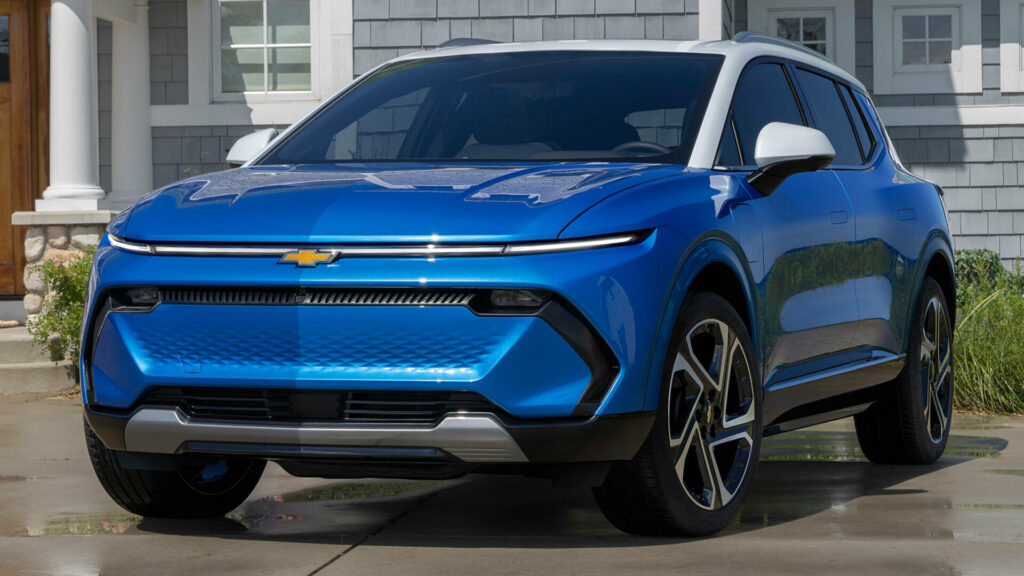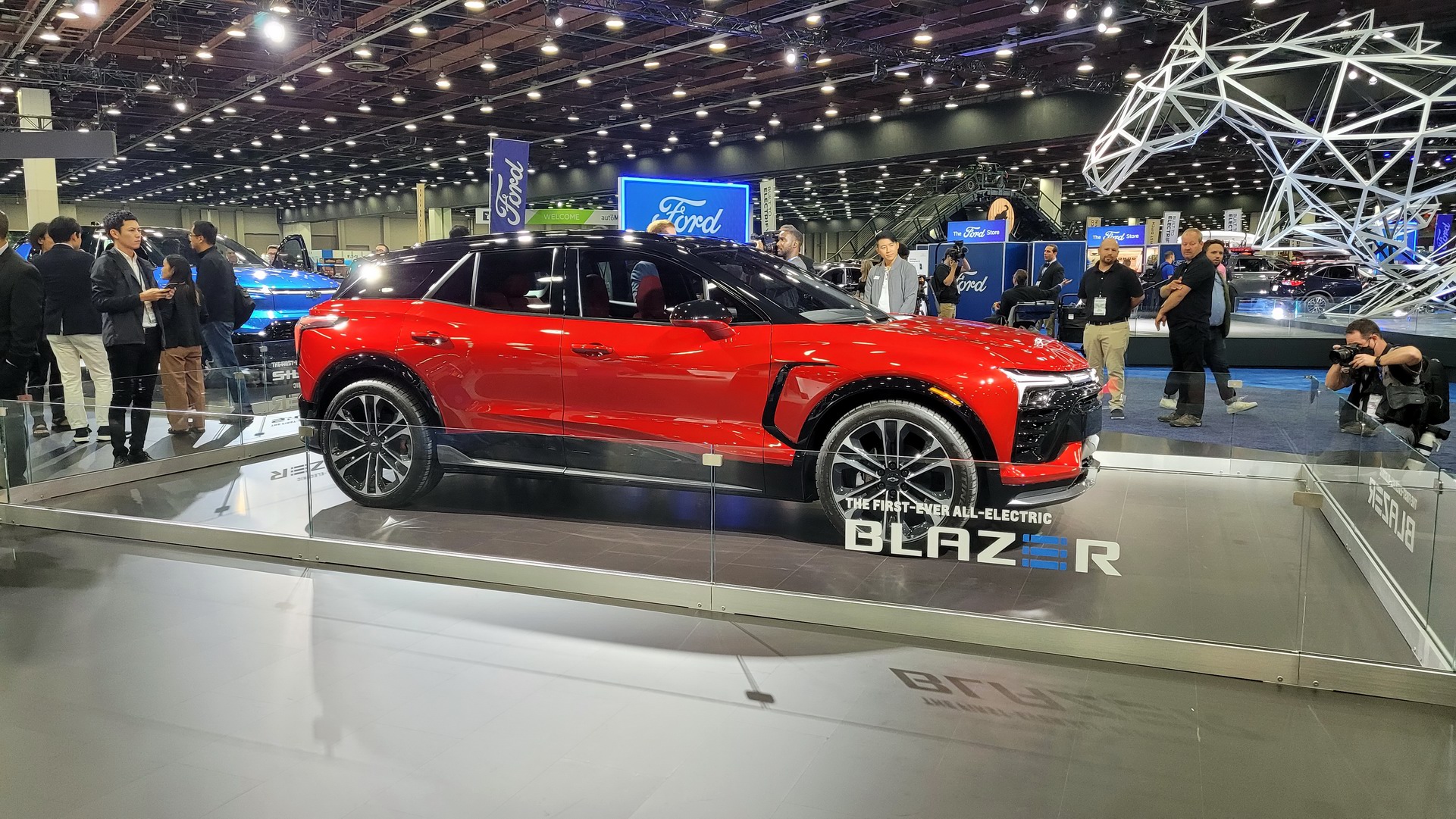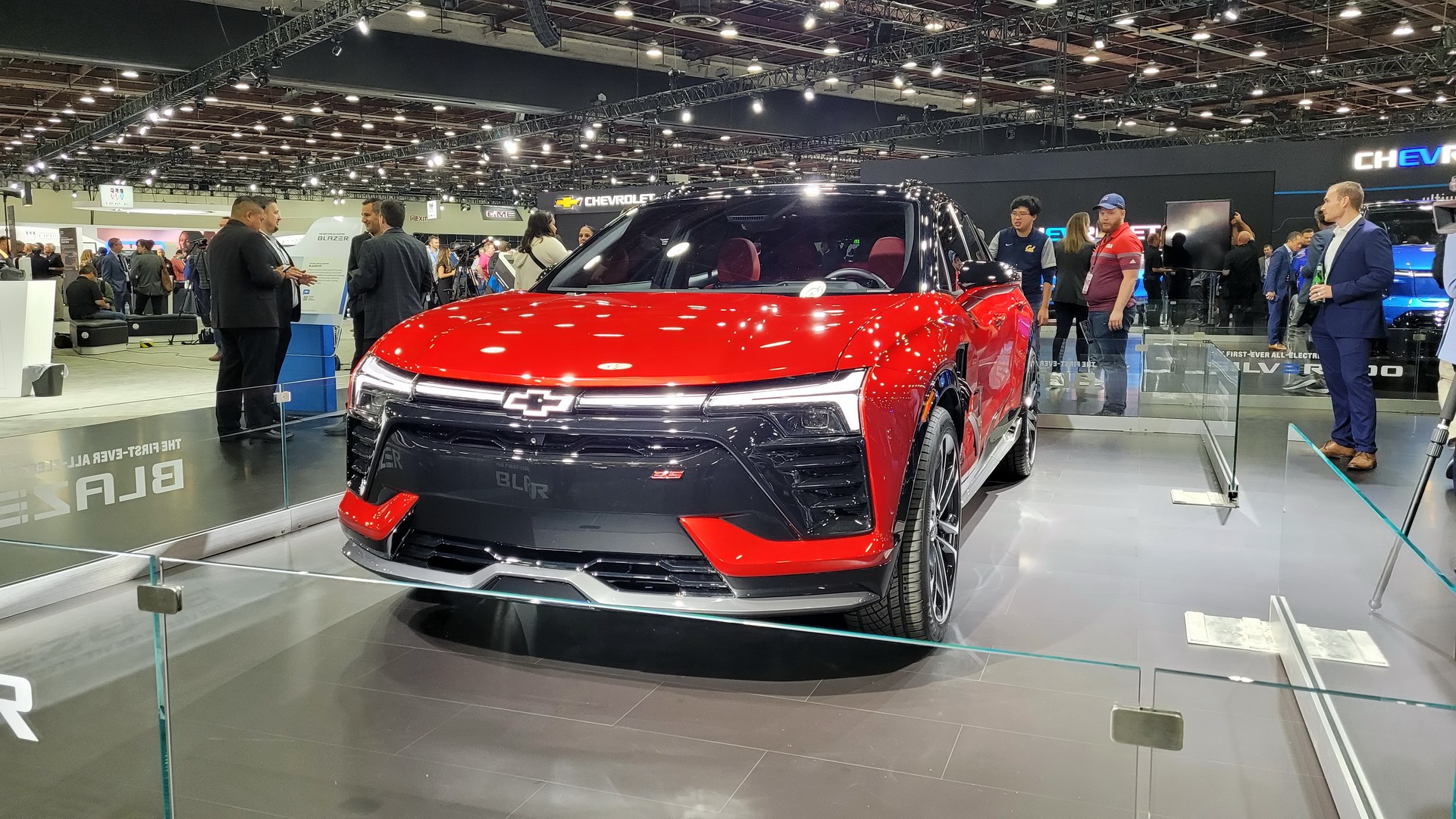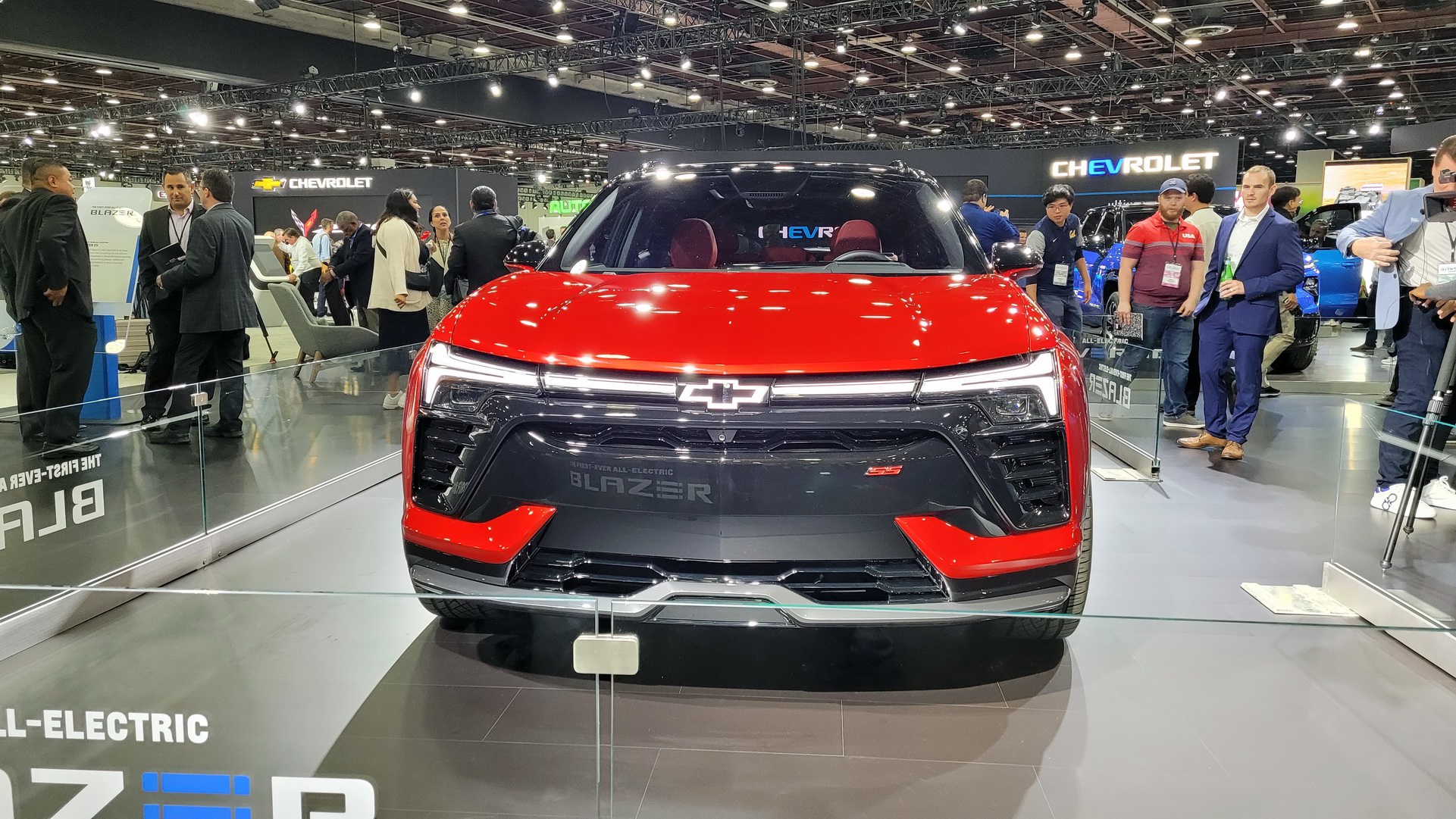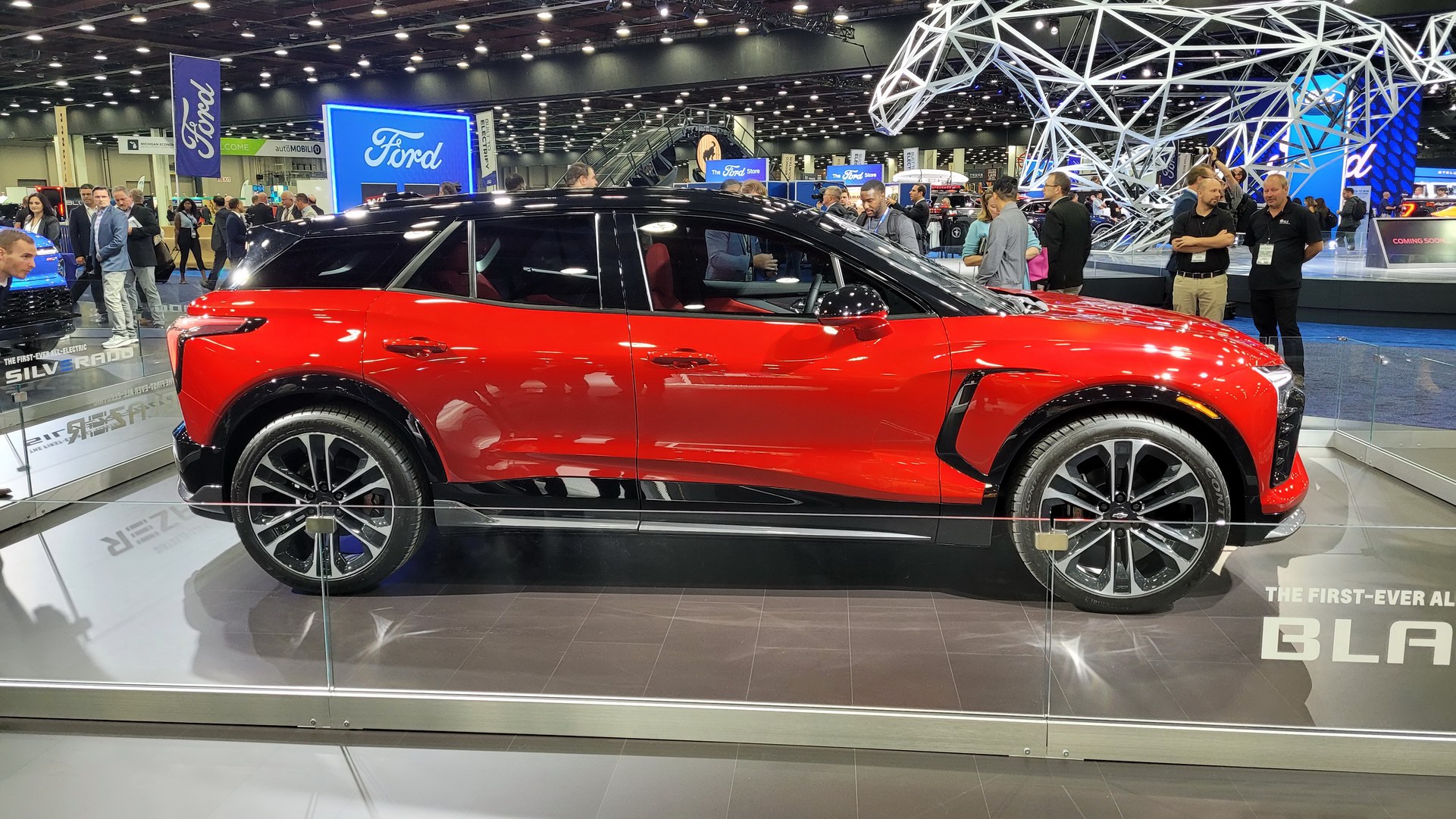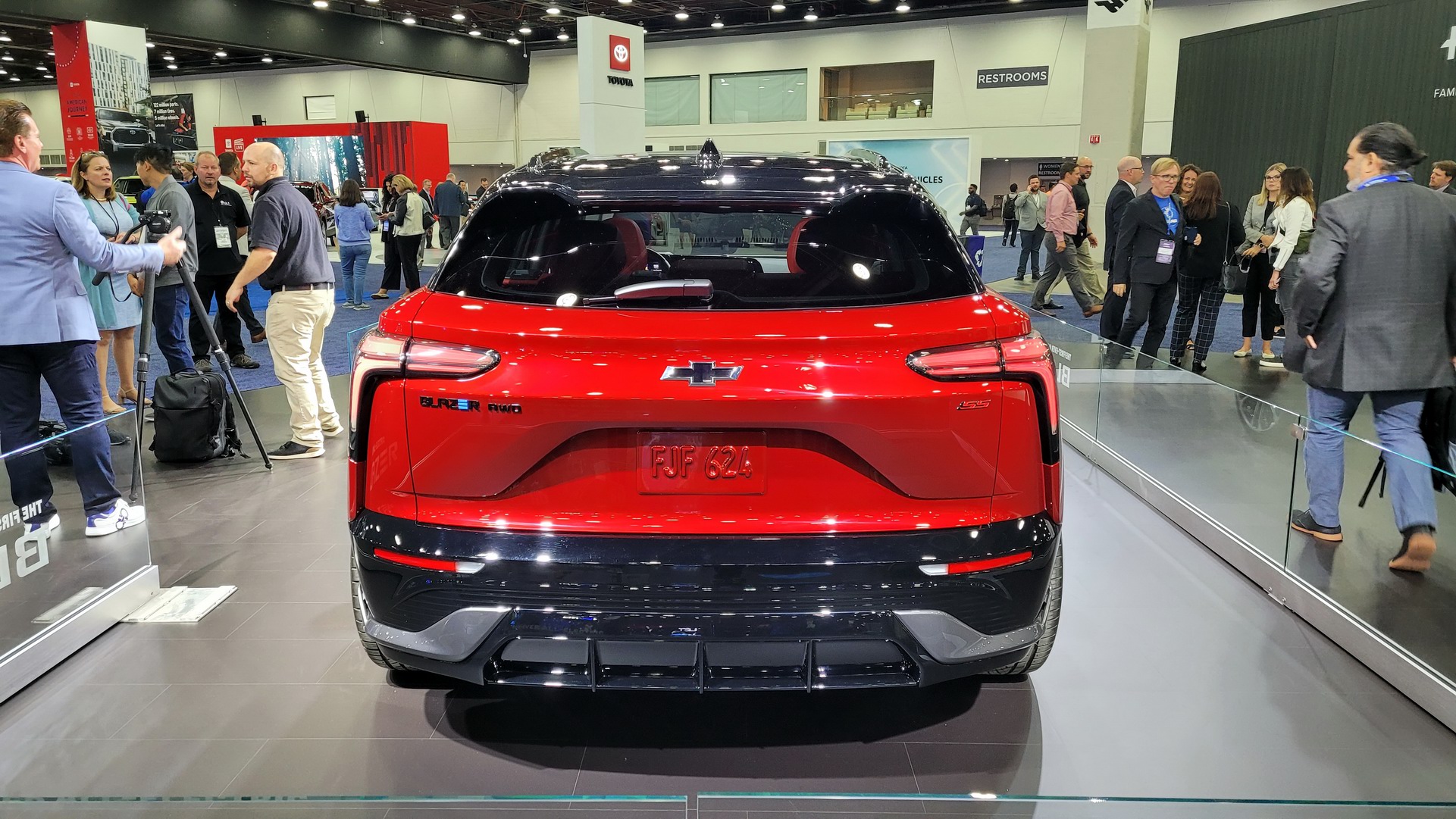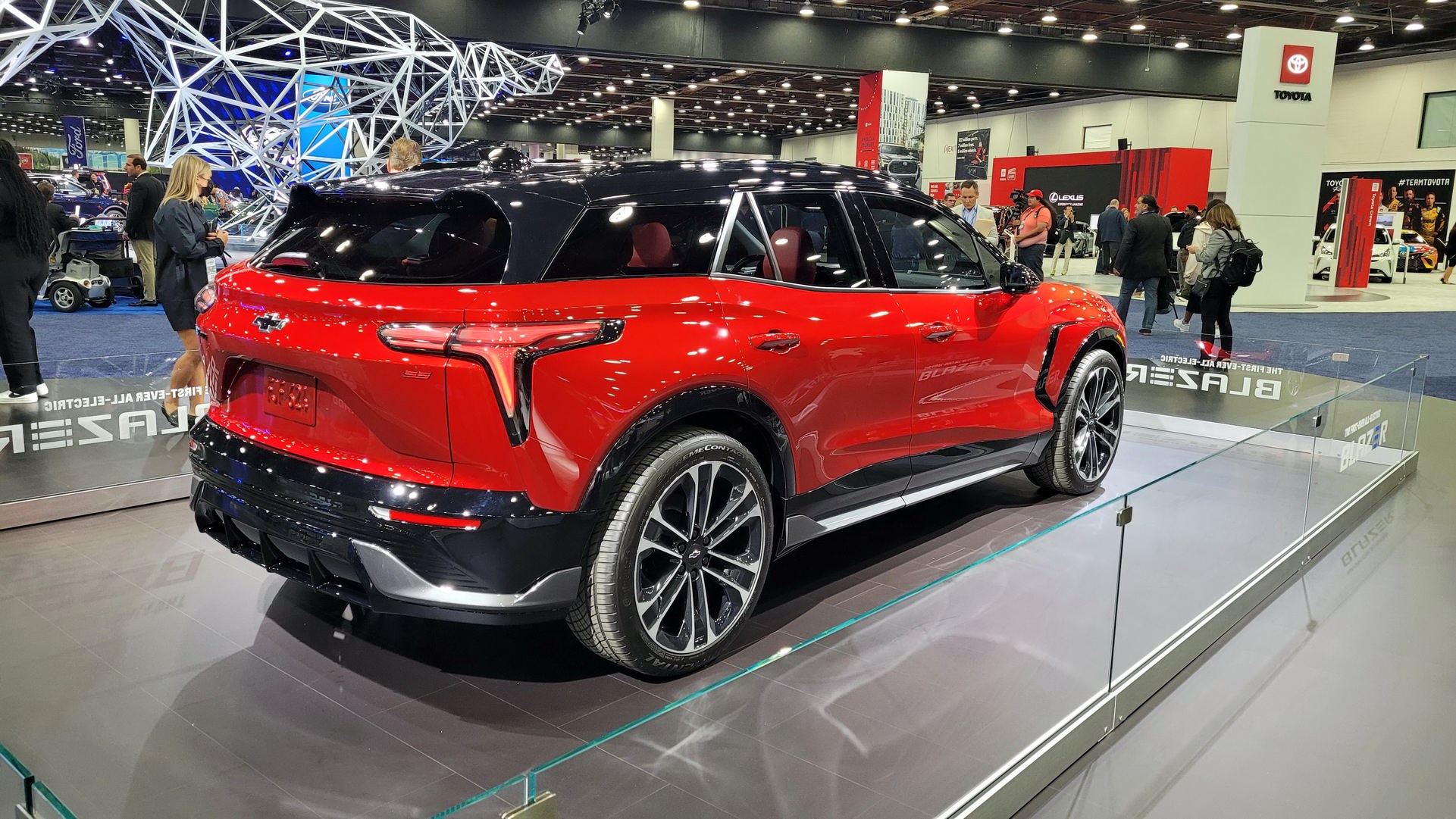The UAW strike isn’t the only thing causing concern at General Motors as the company is reevaluating some of their electric vehicle plans.
In a letter to shareholders, GM CEO Mary Barra revealed they’re “moderating the acceleration of EV production in North America to protect our pricing, adjust to slower near-term growth in demand, and implement engineering efficiency and other improvements that will make our vehicles less expensive to produce and more profitable.”
Barra expanded on that during a call this morning, where she revealed plans to “move out” the launch of the Chevrolet Equinox EV, Chevrolet Silverado EV RST, and GMC Sierra EV Denali. As part of this effort, the models are being delayed by a few months in order to “ensure their success.”
More: Weak EV Demand Prompts GM To Rethink Electric Silverado And Sierra Production
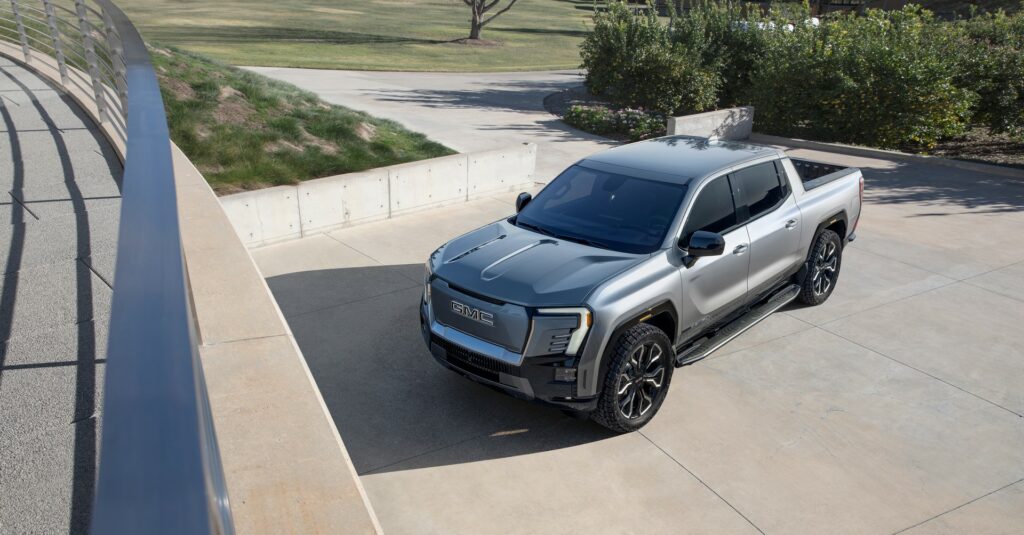
The announcement comes shortly after GM revealed plans to delay production of electric pickups at Orion Assembly. The plant was originally slated to begin building the Silverado and Sierra EVs next year, but that has been pushed back to late 2025 to “better manage capital investment while aligning with evolving EV demand.”
Despite the delays, Barra said their commitment to electric vehicles is as “strong as ever.” She also suggested the revised rollout is better for the company as they’re scaling in a responsible way.
One Step Back, One Step Forward
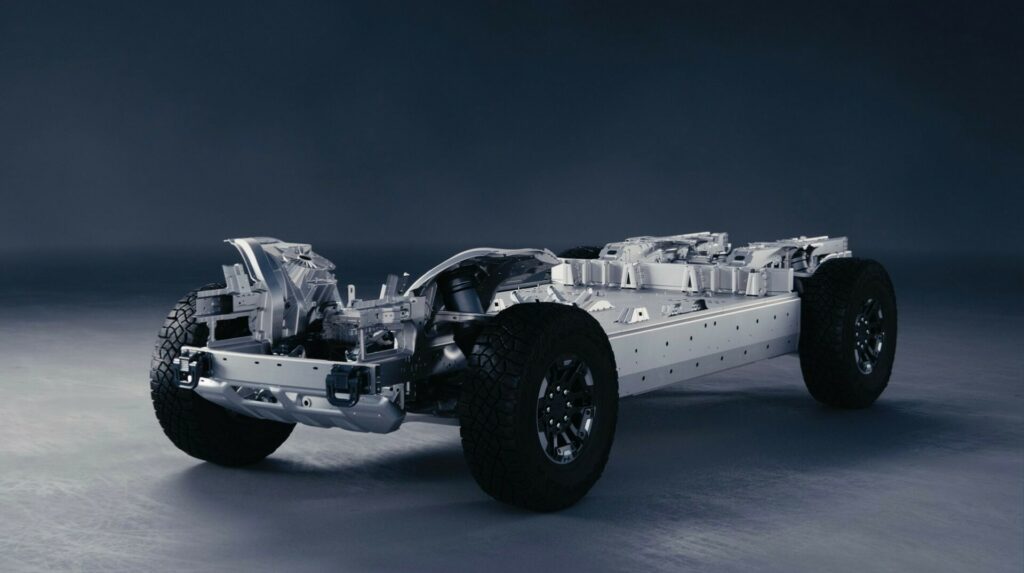
It wasn’t all bad news as GM said they’re making “steady progress” on ramping up electric vehicle production. In particular, the company noted their Ultium Cells plant in Ohio reached 75% of its production capacity and is expected to reach full capacity by the end of the year.
GM also said they are “currently installing and testing new high-capacity module assembly lines.” The company went on to note production of Ultium-based EVs more than doubled, compared to last year, and further increases are planned for the fourth quarter as well as subsequent quarters.
In other news, deliveries of the Chevrolet Blazer EV kicked off in the third quarter. The company also said they’re expecting to have an annual EV capacity of one million units in North America by the end of 2025.




